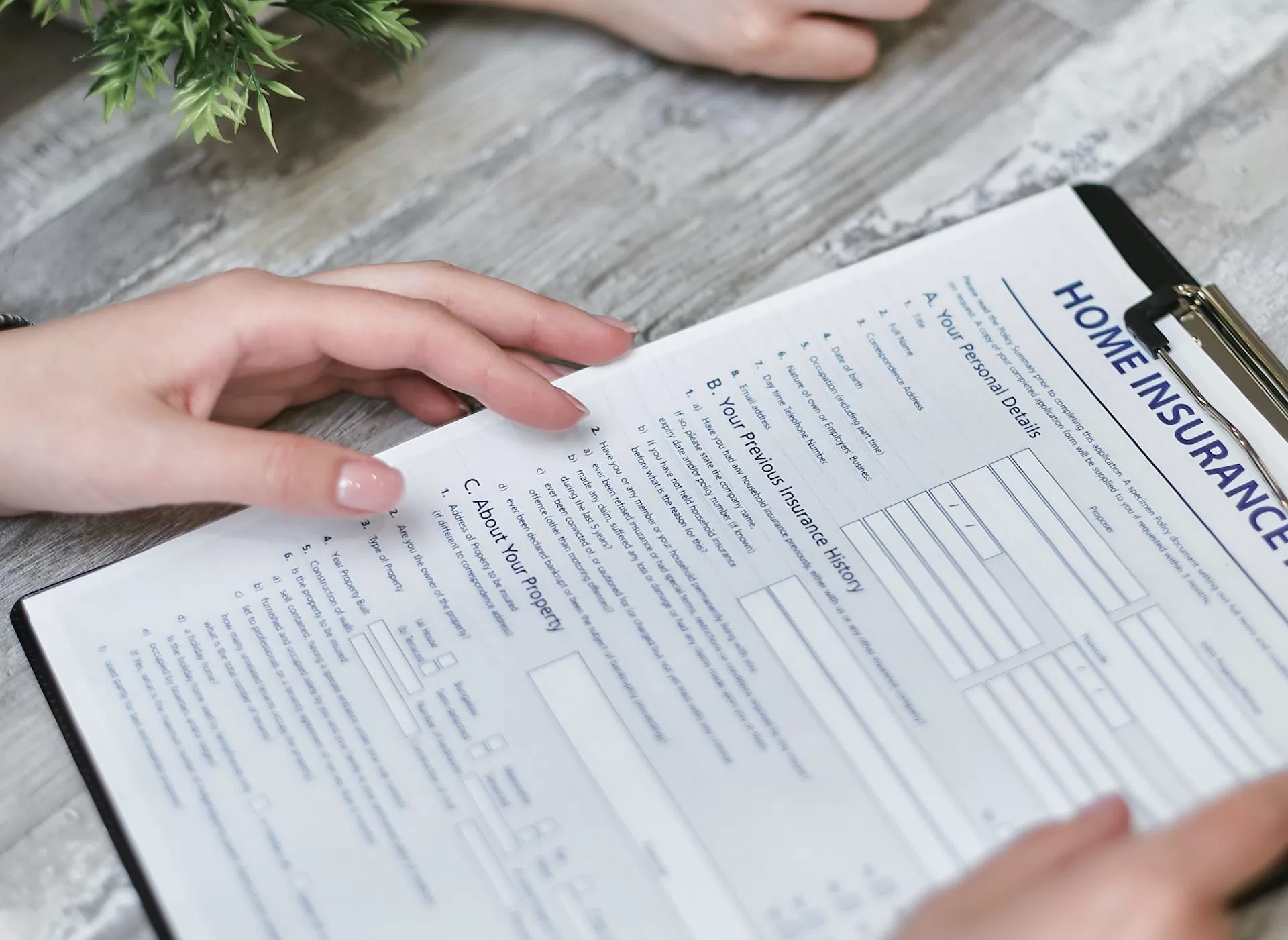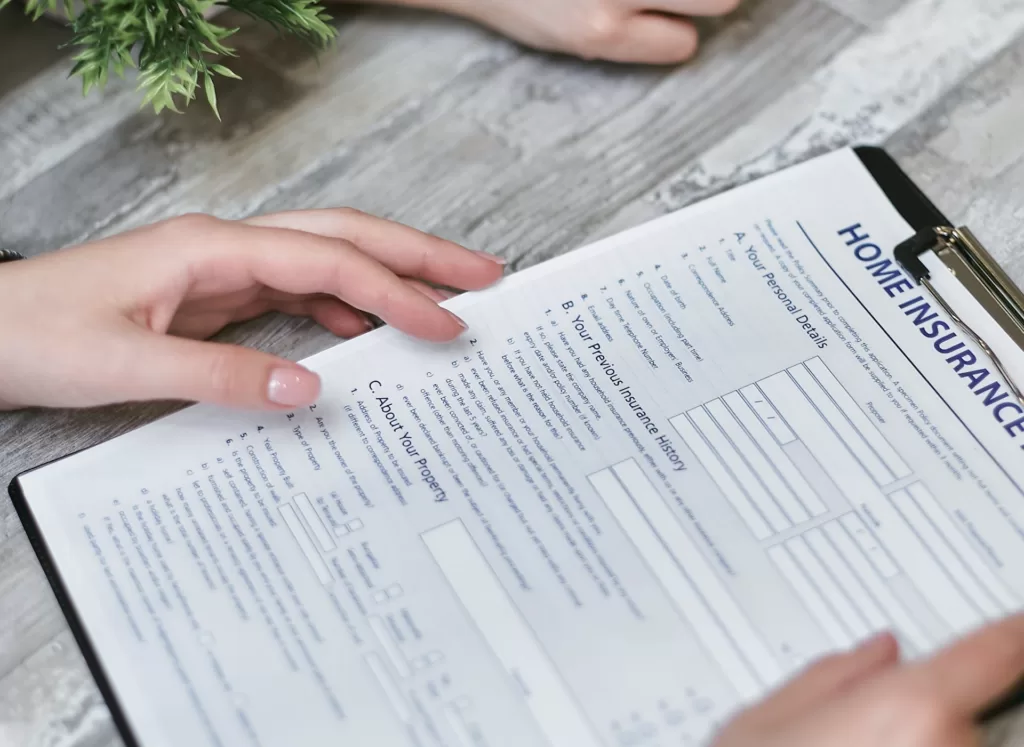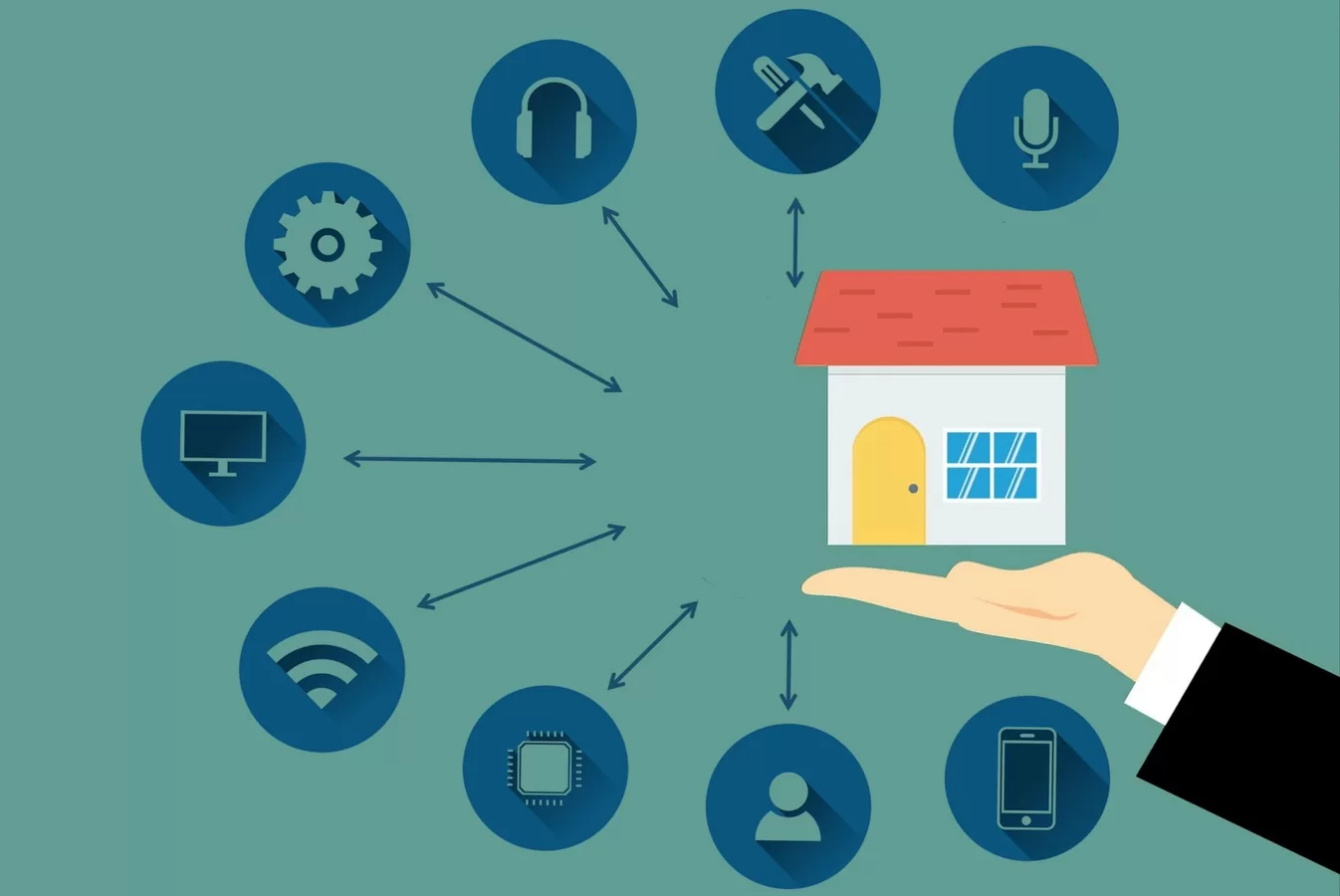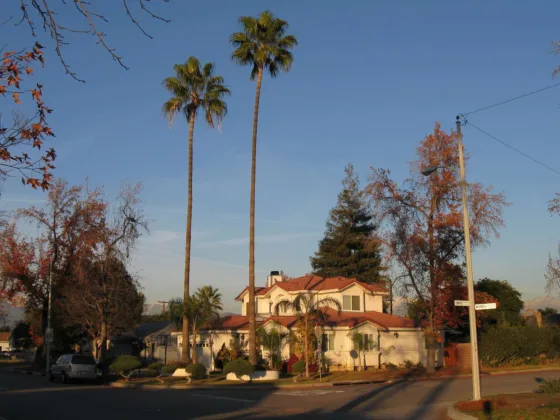No one can predict the future, but there are ways to prepare for it. Owning a home is incredibly unpredictable, as things can break down when least expected, or natural disasters can cause damage. When something does happen, a homeowner’s insurance policy can help you get everything back to normal.
When it’s time to get a homeowner’s policy, it’s crucial to understand what it does and doesn’t cover and what to look for to ensure you’re covered for any potential problem.
Who Needs a Home Insurance Policy?
Homeowners with a mortgage generally don’t have an option – a homeowner’s insurance policy is required from the banks to ensure the investment is covered if anything happens. However, if the home is paid off, homeowners have a choice.
In most cases, looking into home insurance policies is a good idea. Without one, if anything happens, the homeowner must cover all restorations and repairs independently. With a policy, they can get help covering damage to the home, their belongings, and more.
What’s Included with Homeowner’s Insurance?
Homeowner’s insurance typically covers natural disasters, extreme weather, and criminal acts. Some of the coverage that is standard in a homeowner’s insurance policy will include the following.
- Fire or Smoke: If there is a fire in the home, the damage from the fire or smoke can be covered. This includes repairing items that can be fixed or replacing items that are destroyed and covering the repairs of the building itself.
- Explosions: Explosions aren’t common, but they can happen. Whether it’s a faulty gas line or something else, the insurance policy can cover the necessary expenses to restore the home when there is an explosion.
- Lightning: If the home is struck by lightning, the insurance policy can cover electronics and other damaged belongings.
- Hail or Wind: If there is severe weather in the area, especially if there are high winds or hail, any resulting damage to the home or roof can be covered by the insurance policy.
- Theft or Vandalism: No one wants to think about being a victim of a crime. If someone vandalizes the home or steals something, it may be covered under the home insurance policy.
- Damage from Vehicles: The homeowner’s insurance may provide coverage if a vehicle crashes into the home. This can be invaluable if the vehicle causes severe or structural damage.
- Legal Issues: Policies may cover legal expenses for included events or concerns. This can be limited, so it’s important to read the policy to find out what’s included.
What is Excluded in the Typical Policy?
Homeowner’s insurance policies cover quite a bit, but they don’t cover everything. Some of the things that are excluded include the following.
- Appliances: Appliances that break down are not covered under homeowners insurance.
- Flooding: Expenses related to flooding generally aren’t included in a homeowner’s policy. This is something that will need to be added to the coverage.
- Home Business: A home insurance policy generally does not include legal issues related to running a home business. Business insurance should be purchased separately.
- Mold Damage: Most policies will not cover mold damage. There are some exceptions, so it is important to read the policy.
- Poor Maintenance: Damage resulting from poor home maintenance may not be covered if anything happens. Keeping up with maintenance can help minimize potential damages.
- Valuables Outside of Coverage: There is a limit to what any homeowner’s insurance policy will cover. If the damages exceed this amount, the policy only covers up to the total amount of coverage and the homeowner will have to pay the rest out of pocket.
Adding to Your Home Insurance Policy
It’s crucial to opt for an insurance policy that offers as much coverage as possible, but it won’t cover everything. However, homeowners do have ways to add to the coverage to make sure they will receive the necessary funds to recover if anything happens.
- Extending Coverage: Some policies can be extended to include items that might not be typically included, like valuables. Extending the coverage can cost a little bit more, but the peace of mind is worth it.
- Adding Umbrella Policy: An umbrella policyis an inexpensive way to add additional coverage to your homeowner’s insurance policy. This helps extend the amount of money you could receive to cover damages in an included event.
- Adding Other Coverage: Those who operate a home business or need flooding insurance can purchase other policies that complement their homeowner’s insurance. This helps ensure they have coverage for anything that might happen.
What to Do If Something Happens
If something does happen and the home is damaged, the insurance policy is there to help the homeowner restore or replace almost everything. There are a few important steps to take for this to happen.
- Document the Incident: Take photos and videos of the damage as soon as possible. Be as detailed as possible in what was damaged or destroyed and its value.
- Check for Coverage: Read through the policy to find out what’s covered and what needs to be done to file a claim. The policy should include all information, but the insurance company can answer any questions.
- Call to File a Claim: Call the insurance company to file the initial claim. They will provide information on what to expect moving forward and how the claims process will work.
- Work With Insurance Broker: An insurance broker will need to view the damage and determine what is covered for repairs or replacements under the policy. Work with them to make sure they have a full picture of what happened and how.
- Repairs or Replacements: The insurance company will provide funds to cover construction, buying new items, or anything else that is needed to restore the property and your belongings, up to the coverage limit. In some cases, they may pay for a hotel room and daily funds if you are not able to stay in the home until repairs are complete.
Having an insurance policy can be invaluable if anything goes wrong. It is important to pay close attention to the policy and what it includes before purchasing the insurance so you can make sure it covers any help you might need if a disaster occurs. Speak with an insurance agent today to learn more about how to find the right policy for you.











